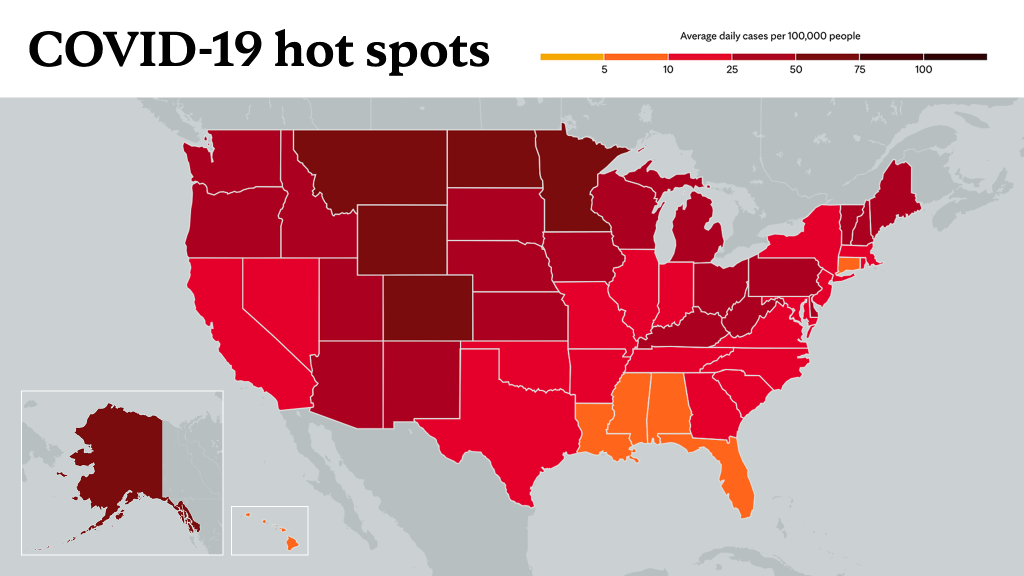
Q: There are so many studies out there regarding COVID-19 and vaccinations for people to read and react to. How do we know/decide which study is accurate and worthwhile for patients and which studies aren’t when it comes to COVID-19?
A: "There is more information on the internet than anyone can digest," says Melanie Swift, M.D., infectious disease physician at Mayo Clinic. "It can be difficult to know what to believe. Depending on who is running the website or sharing their interpretation of the medical studies, it may be reliable, but it might be a misinterpretation of the data or completely falsified information."
Here are some tips:
- Studies that are indexed in PubMed, are published in reputable journals, and have undergone scientific peer review are reputable.
- Studies that are searchable in Google Scholar may have undergone peer review as well, but might be a “preprint” that has not yet undergone peer review or been accepted by a reputable scientific journal. Preprints are labelled as such and should be interpreted with caution.
- Use trusted sources like:
- The Centers for Disease Control and Prevention (CDC) or the National Institute for Allergy and Infectious Diseases (a branch of the National Institutes of Health) – these websites will end in .gov
- Mayo Clinic and other academic medical centers
- Medical professional societies like the American Medical Association or the Infectious Diseases Society of America
Beware of:
- Websites that feature medical experts who are not trained in a relevant specialty or endorsed by a reputable medical center or legitimate medical society. "Infectious diseases or pulmonary and critical care medicine specialists are ideal sources for COVID-19 information. If the website or organization features just one or two doctors from unrelated specialties, be skeptical," says Swift.
- Social media postings from individuals sharing opinion, anecdotes, or their interpretation of medical studies. "People will commonly state they have done their own “research” but this may mean they only searched for studies that support their bias. These individuals may not have the expertise to judge the validity of a medical study, may be justifying their personal beliefs or promoting a political agenda," Swift adds.
- Claims for alternative or “miracle” drugs that sound unrealistic, without studies published in reputable medical journals. When highly effective treatments are confirmed through valid scientific studies, they are publicized by the CDC, medical centers, medical societies, and reliable media outlets.
"The National Library of Medicine provides a helpful tutorial on how to evaluate a health-related website while the Surgeon General recommends a quick health misinformation checklist," says Swift.
Some of the tips they offer include:
- Did you check with the CDC or local public health department to see whether there is any information about the claim being made?
- Did you ask a credible health care professional such as your doctor or nurse if they have any additional information?
- Did you type the claim into a search engine to see if it has been verified by a credible source?
- Did you look at the “About Us” page on the website to see if you can trust the source?
- If you’re not sure, don’t share!
###
Mayo Clinic Health System consists of clinics, hospitals and other facilities that serve the health care needs of people in Iowa, Minnesota and Wisconsin. The community-based providers, paired with the resources and expertise of Mayo Clinic, enable patients in the region to receive the highest-quality physical and virtual health care close to home.
_____________________________________
Information in this post was accurate at the time of its posting. Due to the fluid nature of the COVID-19 pandemic, scientific understanding, along with guidelines and recommendations, may have changed since the original publication date.
For more information and all your COVID-19 coverage, go to the Mayo Clinic News Network and mayoclinic.org.
Learn more about tracking COVID-19 and COVID-19 trends.








